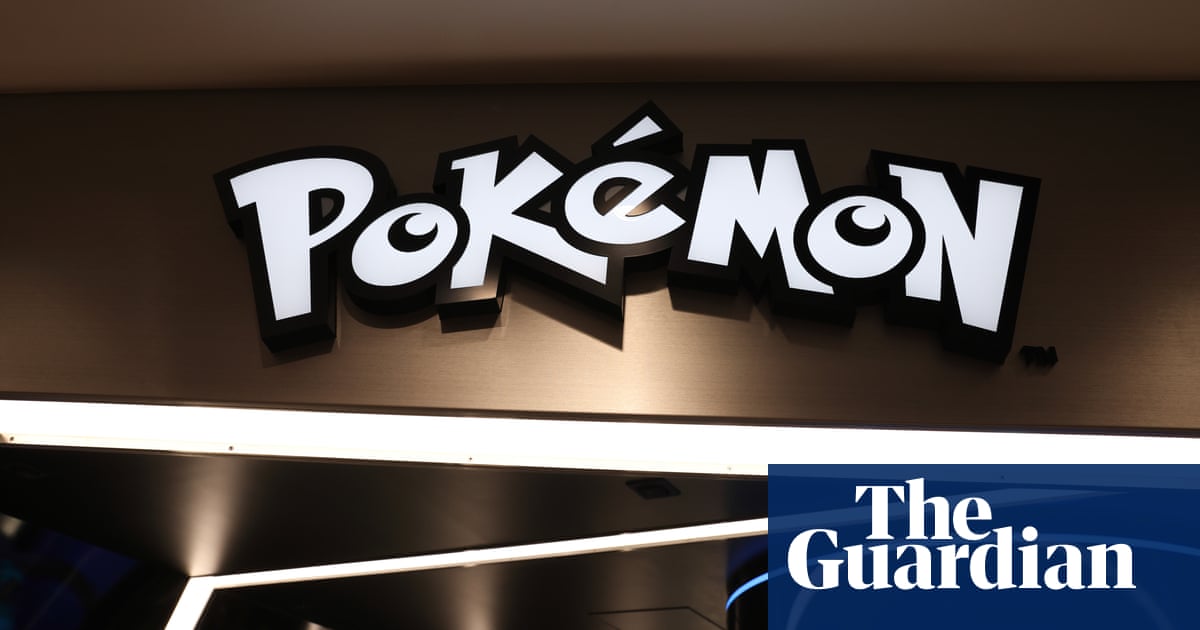Parramatta-based developer Kotiota also made false representations about its relationship with The Pokémon Company International, court hears
The owners of the Pokémon brand hired private investigators to track down the Australian developers behind a crypto-based online game that uses its characters without the Japanese company’s permission.
The Pokémon Company International (TPCI) won orders in the federal court on Wednesday preventing Parramatta-based developers Kotiota from using the popular video game, film and television characters in their software, releasing Pokémon-branded non-fungible tokens, or representing that the company has a relationship with The Pokémon Company International.
TPCI was alerted that Kotiota was presenting itself as a developer of Pokémon games in August this year, when news outlets said they had received legal letters from Kotiota claiming that articles about games should name Kotiota as a Pokémon developer despite having no agreement with TPCI, the court heard.
Kotiota has represented on its website that it was working on a number of Pokémon games, including the game’s latest releases, Pokémon Violet and Pokémon Scarlet, which TPCI has said Kotiota did not work on.
TPCI became aware in November of a website called PokeWorld that was registered by Xiaoyan Liu, who heads up Kotiota. The site announced plans to launch a crypto-based game and NFTs in January next year.
Sign up for Guardian Australia’s free morning and afternoon email newsletters for your daily news roundup
TPCI was particularly concerned about the launch of NFTs because according to documents filed, Nintendo and TPCI had made a “deliberate decision” not to enter the world of NFTs.
I enjoy how judgments just have to lay out these things sometimes pic.twitter.com/LN1aFVrmze
As part of the affidavit provided to the court, TPCI’s representative, Katherine Fang, had to explain the history of Pokémon and its characters, including Pikachu, Bulbasaur, Charmander and Squirtle. The judgment identifies Pikachu as the “most recognisable” of the characters, and includes an illustration and rules around how Pikachu should be presented.
“Ms Fang deposed that TPCI was particularly concerned to ensure that Pikachu was not represented in any way that impinged on Pikachu’s visible facial features, or in any way impeded the ability to see its facial expressions,” the judgment states.
Sign up to Guardian Australia's Morning Mail
Our Australian morning briefing email breaks down the key national and international stories of the day and why they matter
I should say the next paragraph is also excellent. pic.twitter.com/eQyIO637PH
The court heard that in the company’s investigation, they discovered that another agency had been provided with what was purported to be a licence agreement between TPCI and Kotiota but which in fact had a falsified seal of an officer of TPCI.
In initial attempts to put a stop to Kotiota’s use of Pokémon, TPCI hired a cybersecurity firm to find Kotiota’s offices in Parramatta but could not find anyone in the building.
The court accepted that TCPI had attempted to meaningfully serve the documents, and ordered Kotiota cease using the Pokémon brand and stop presenting itself as a developer of the games.
As the respondents in the case did not attend the hearing, costs were reserved.
Guardian Australia has sought comment from Kotiota.

